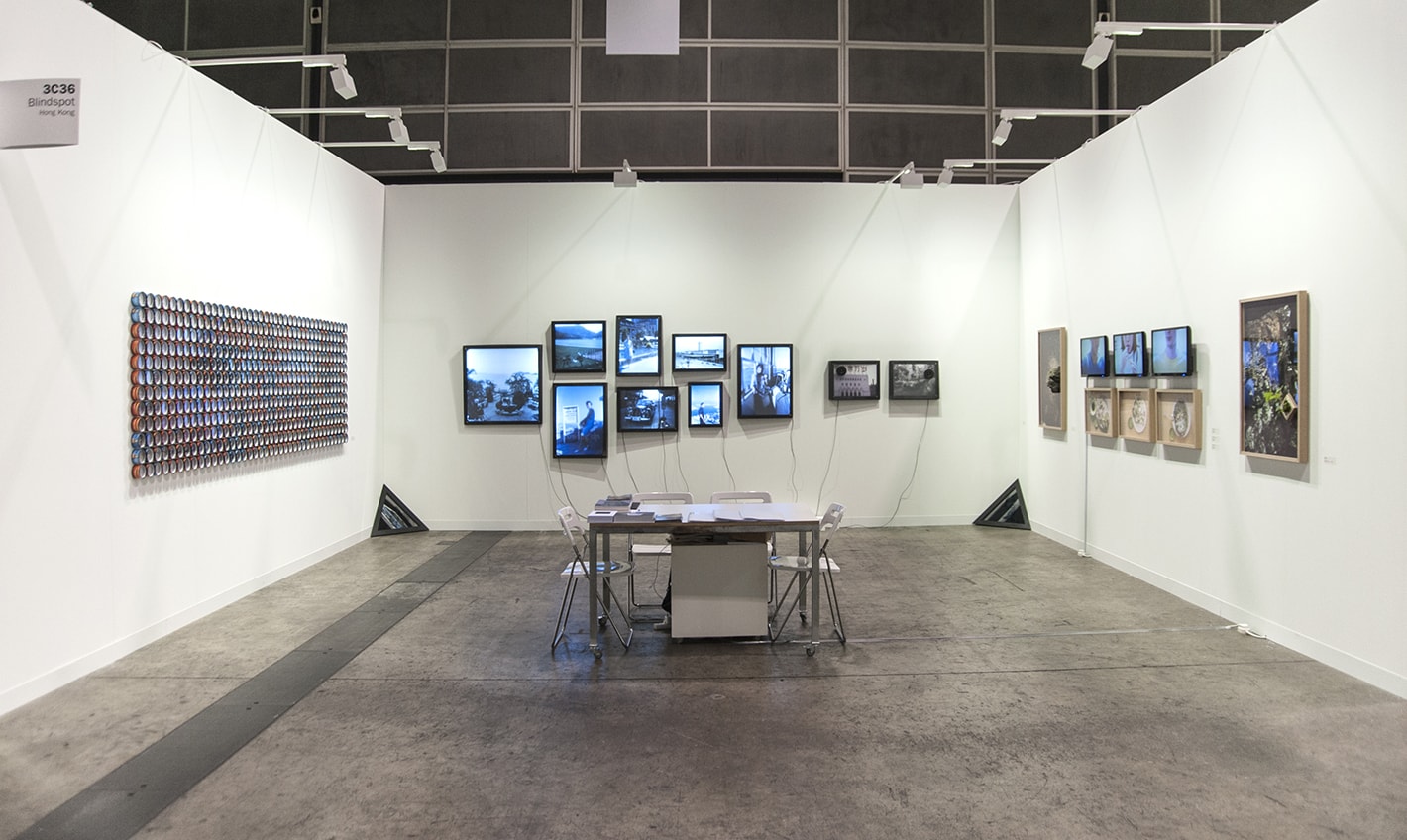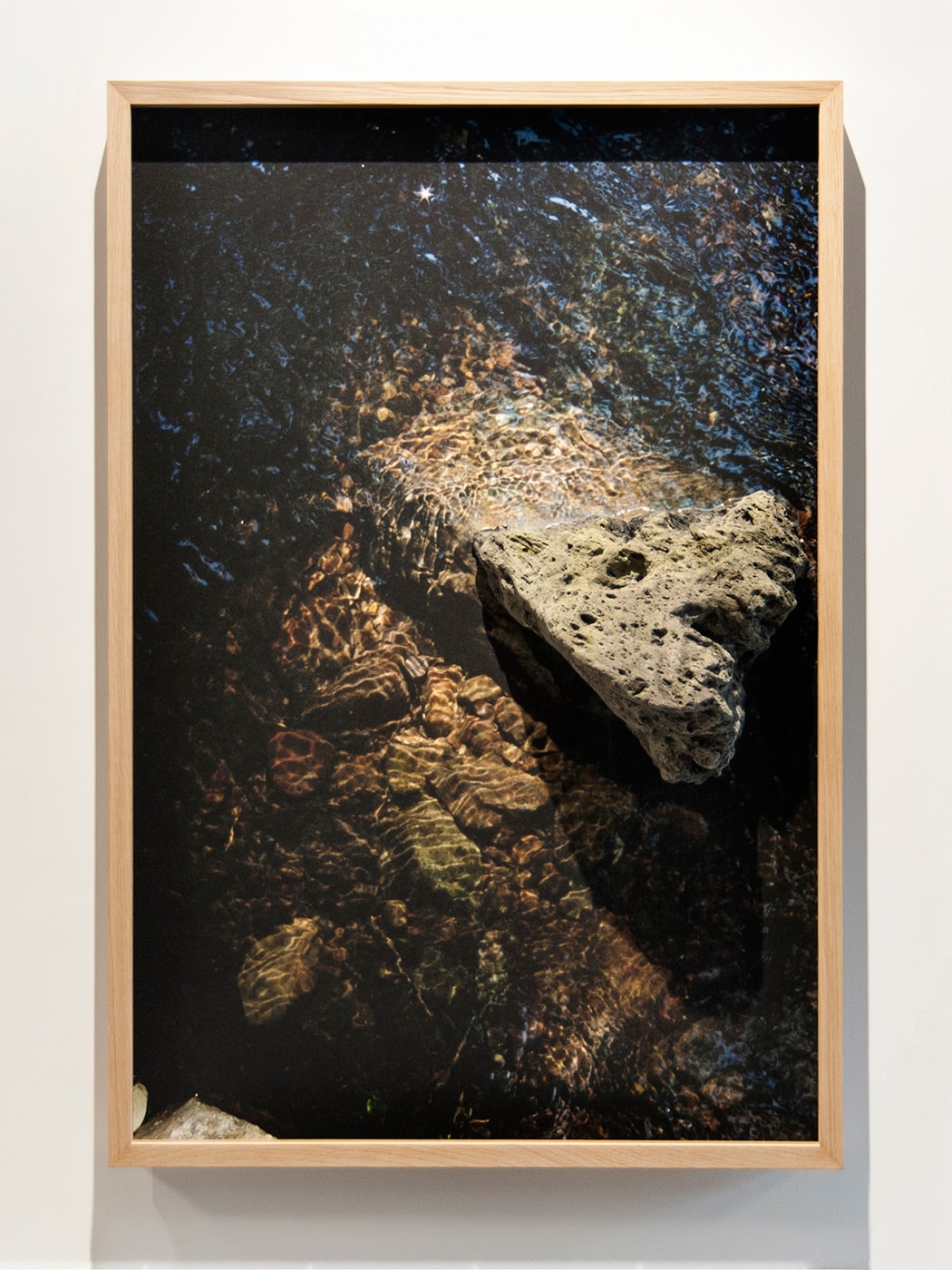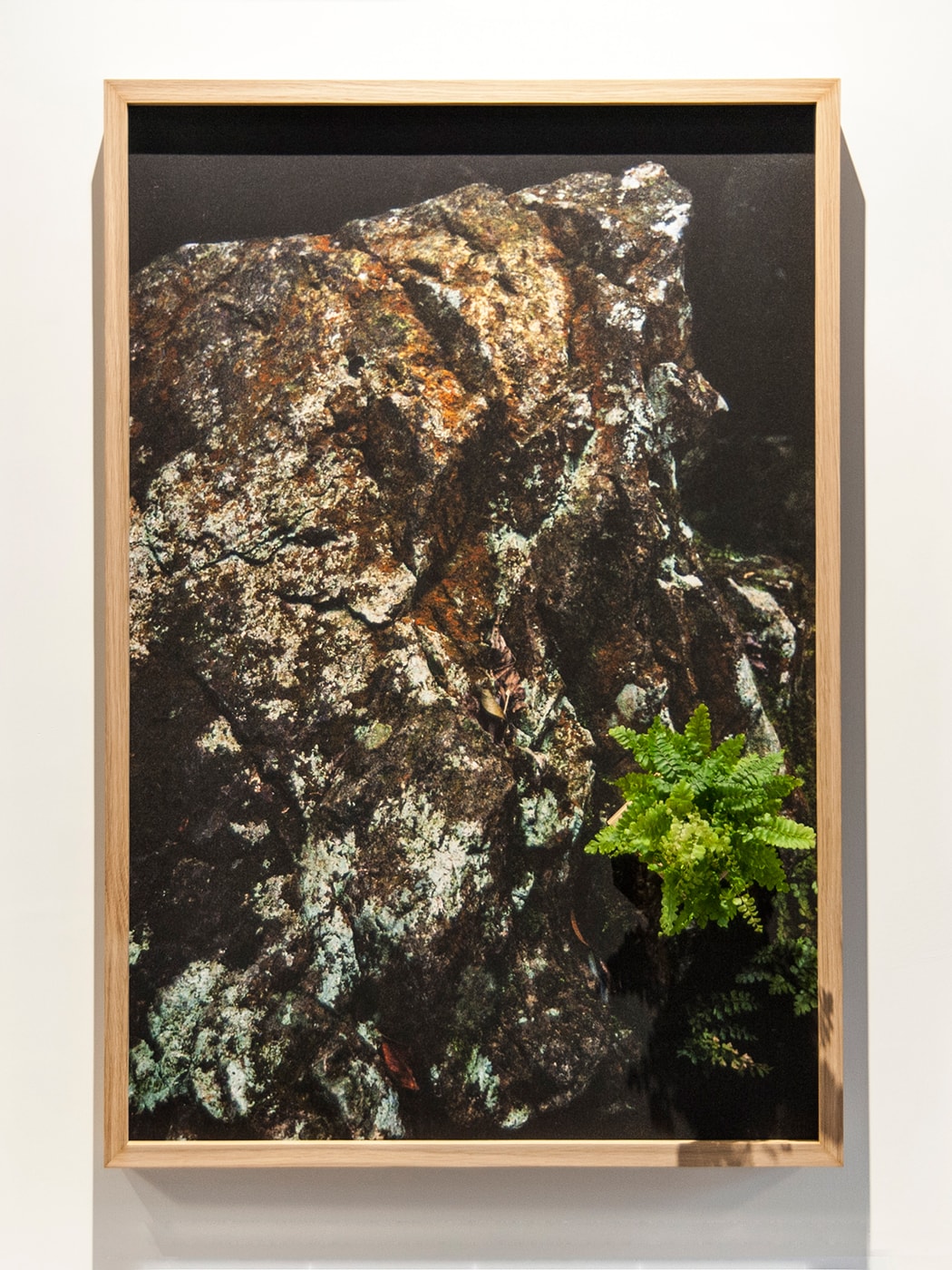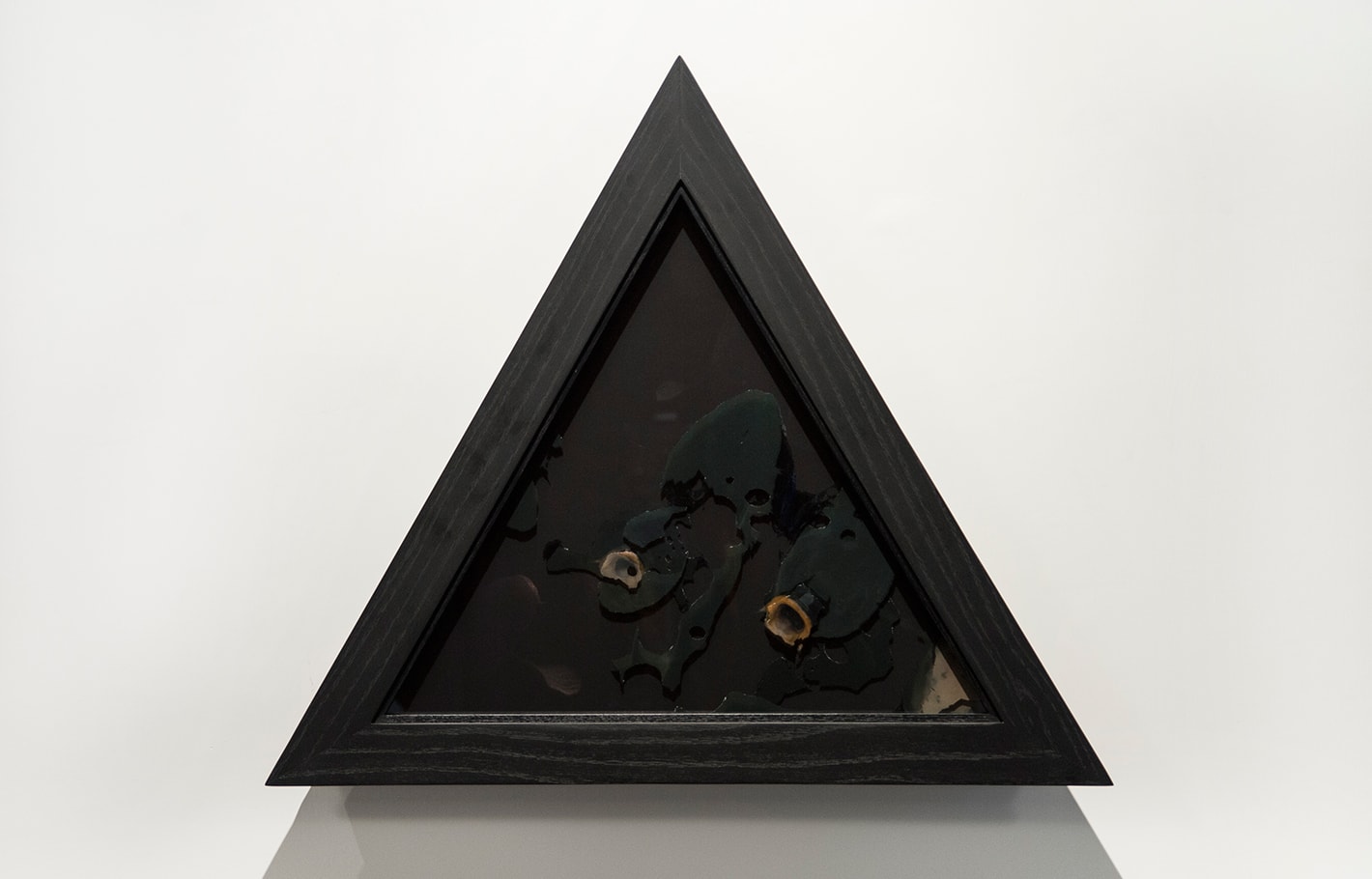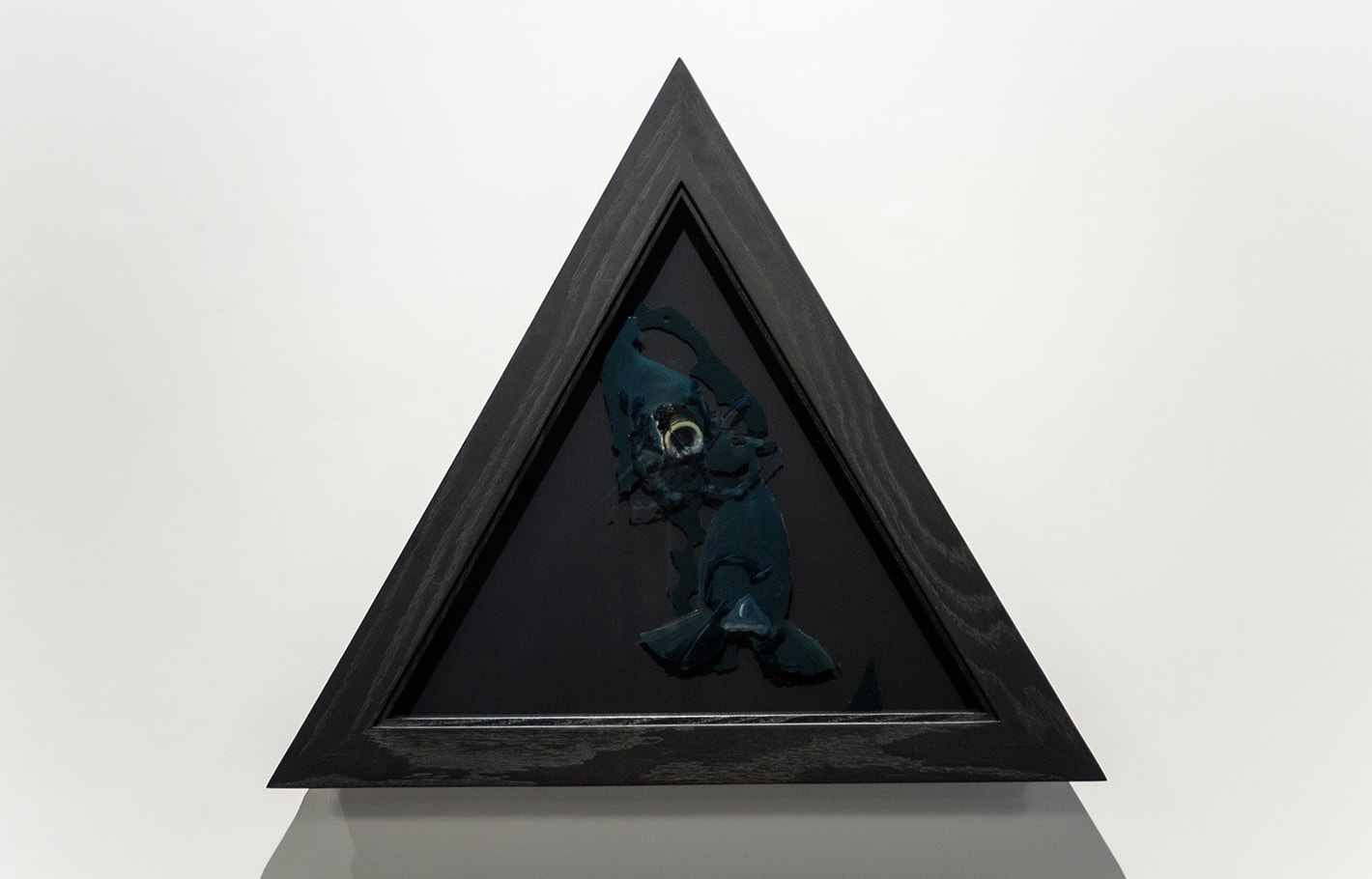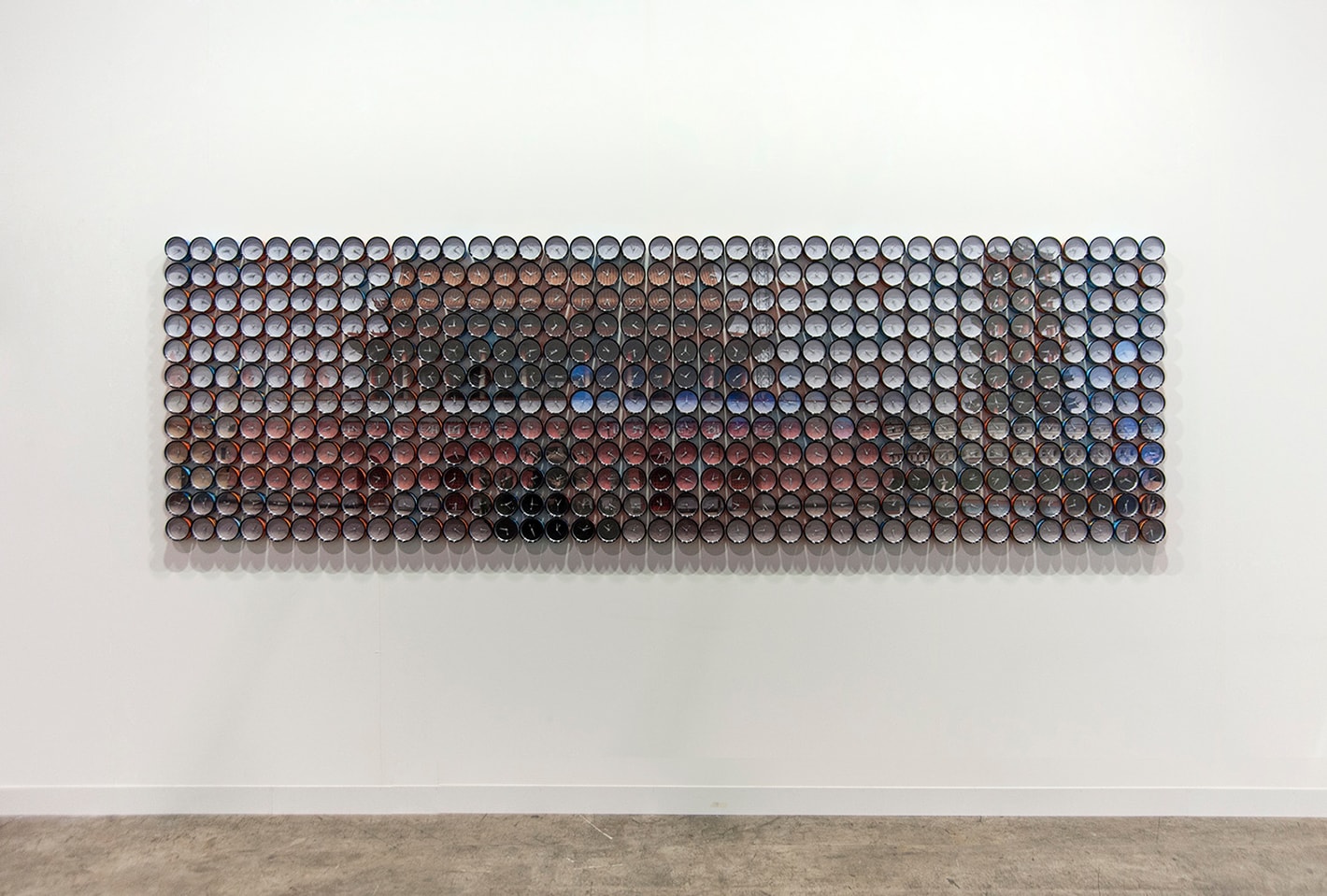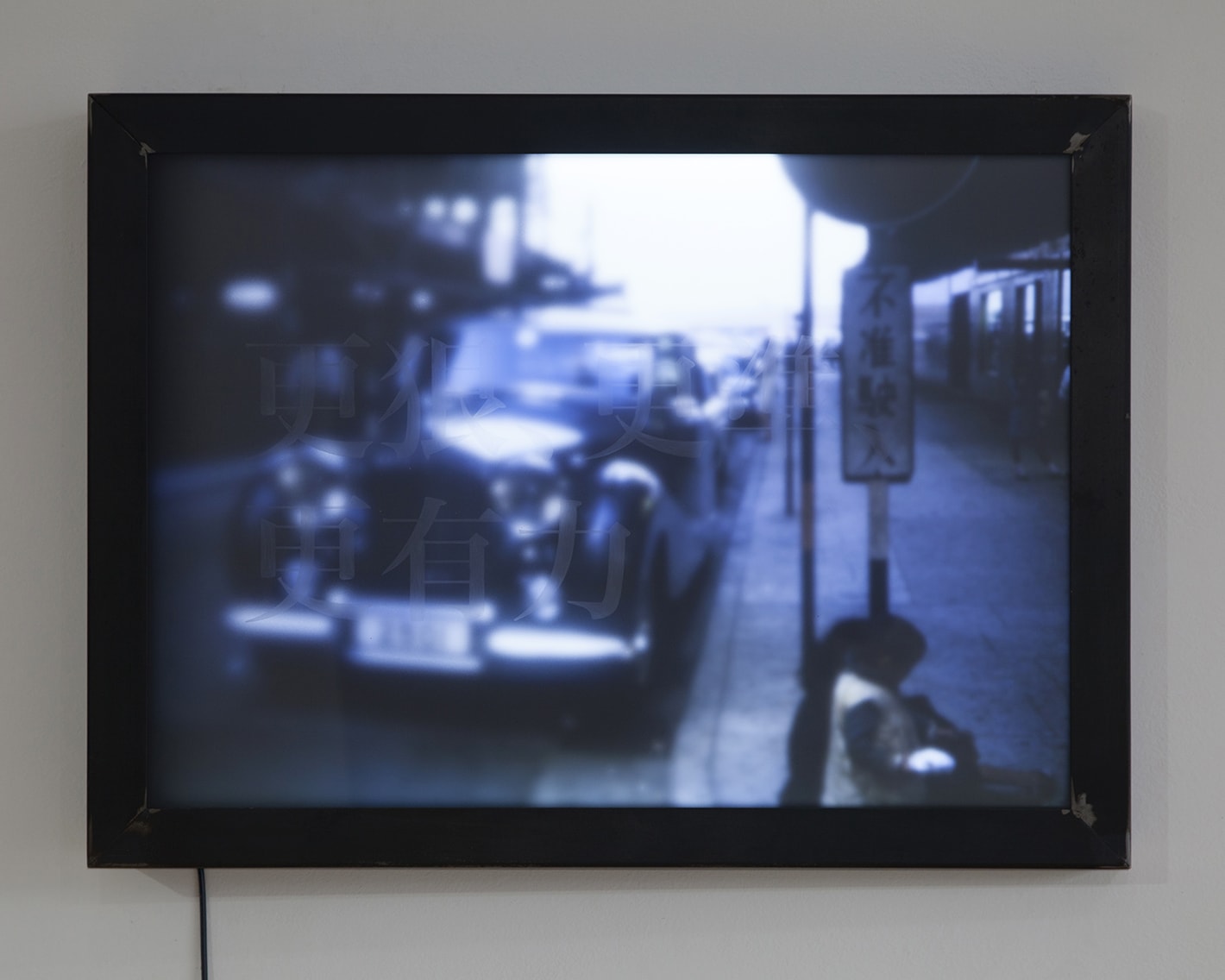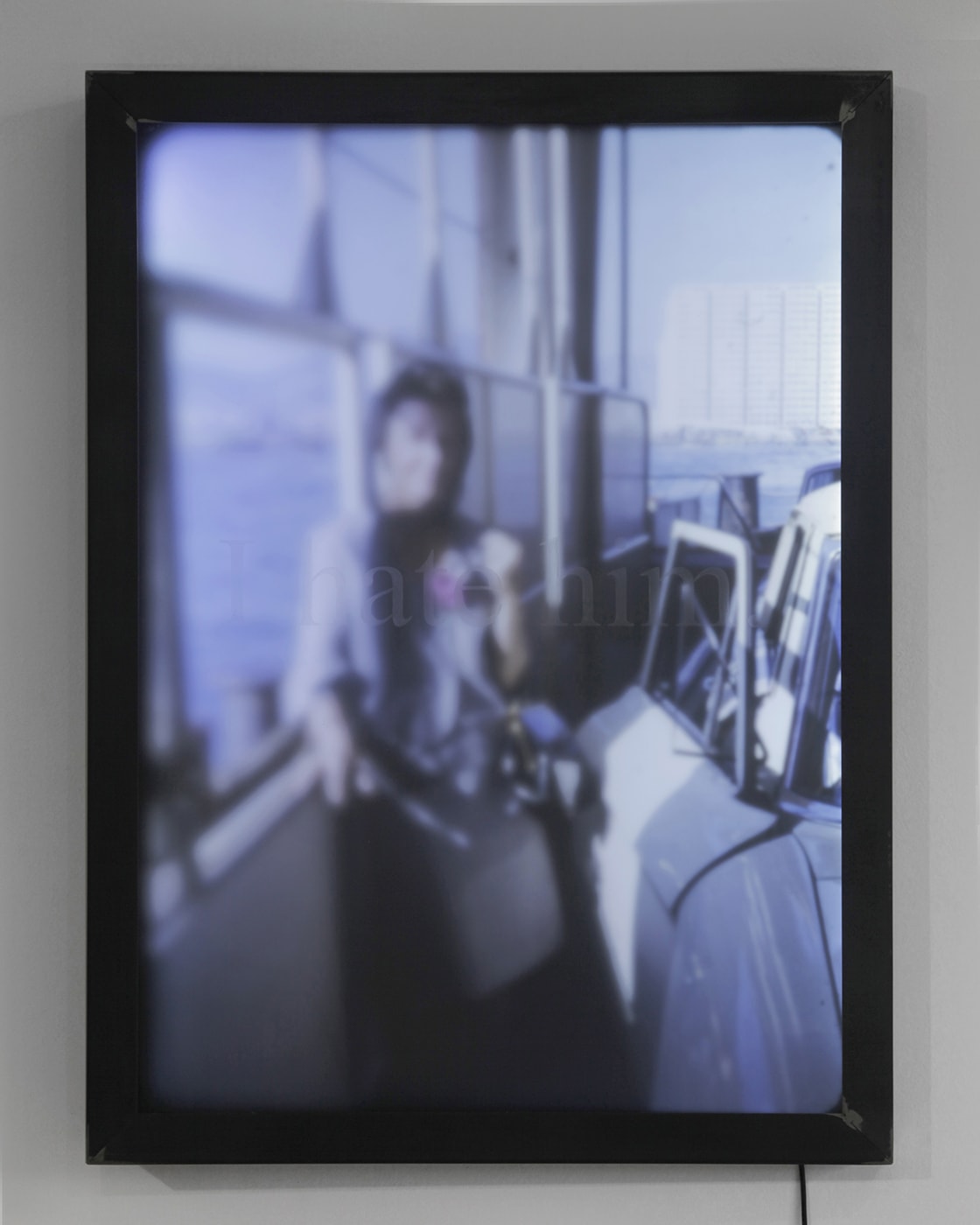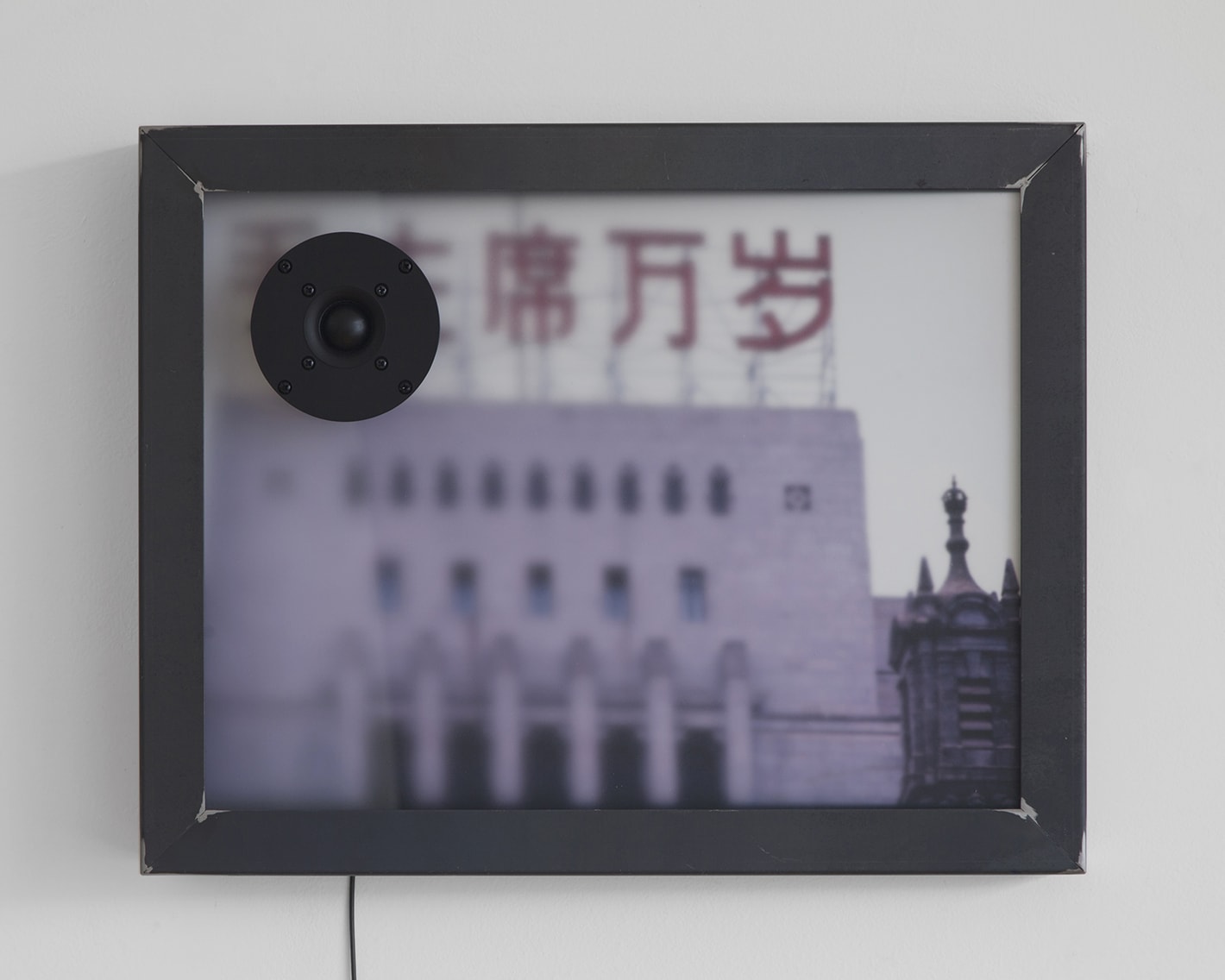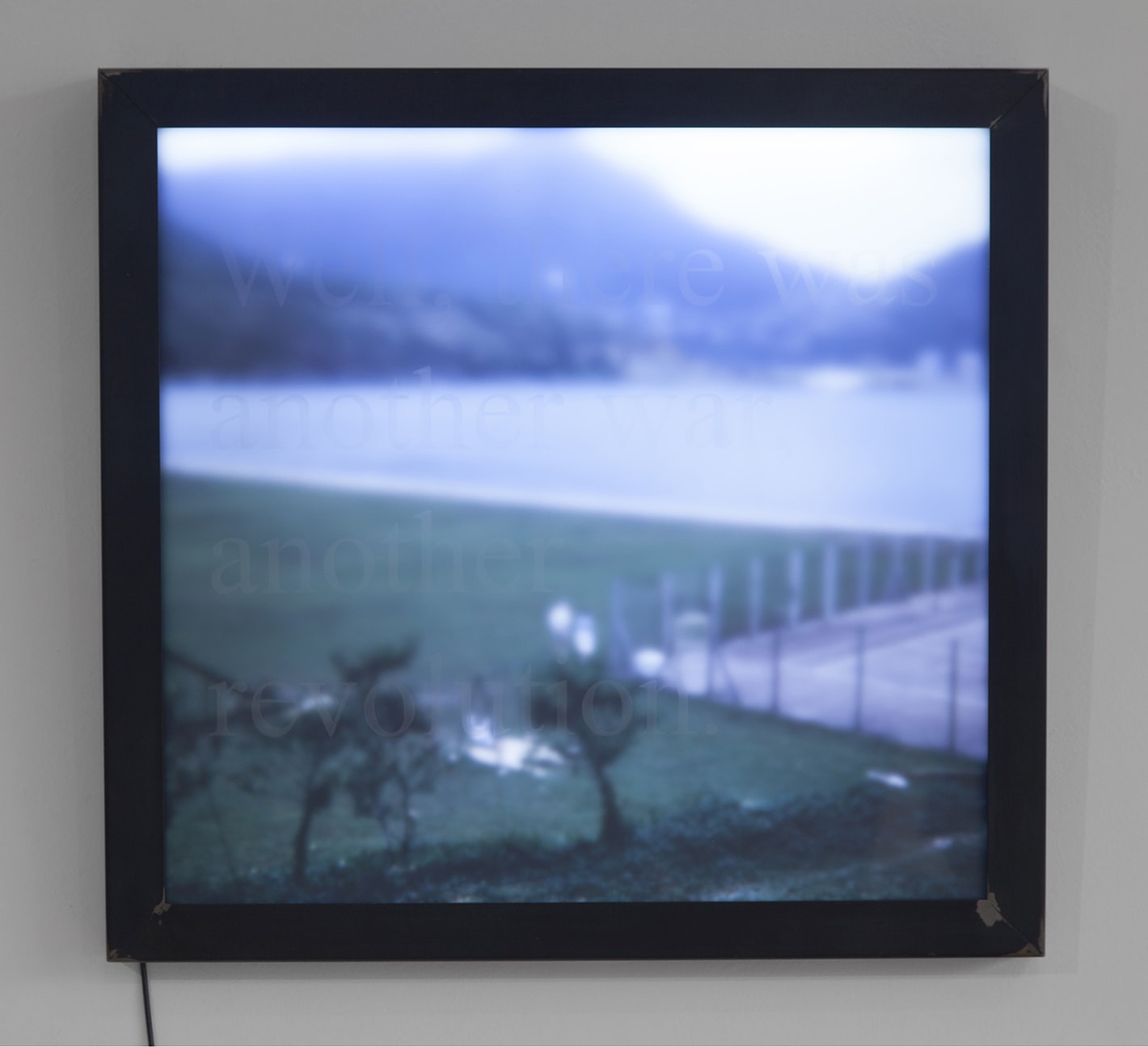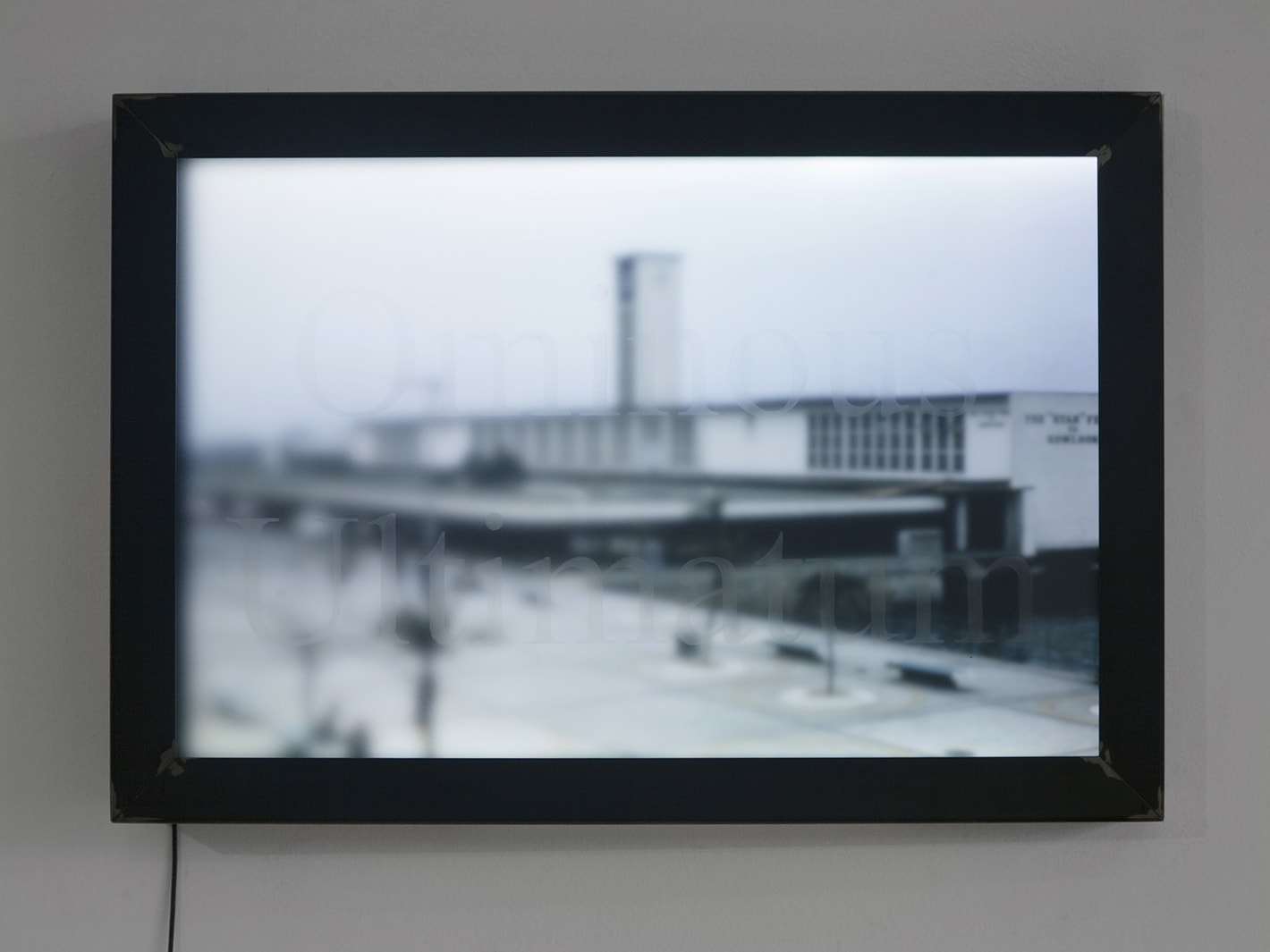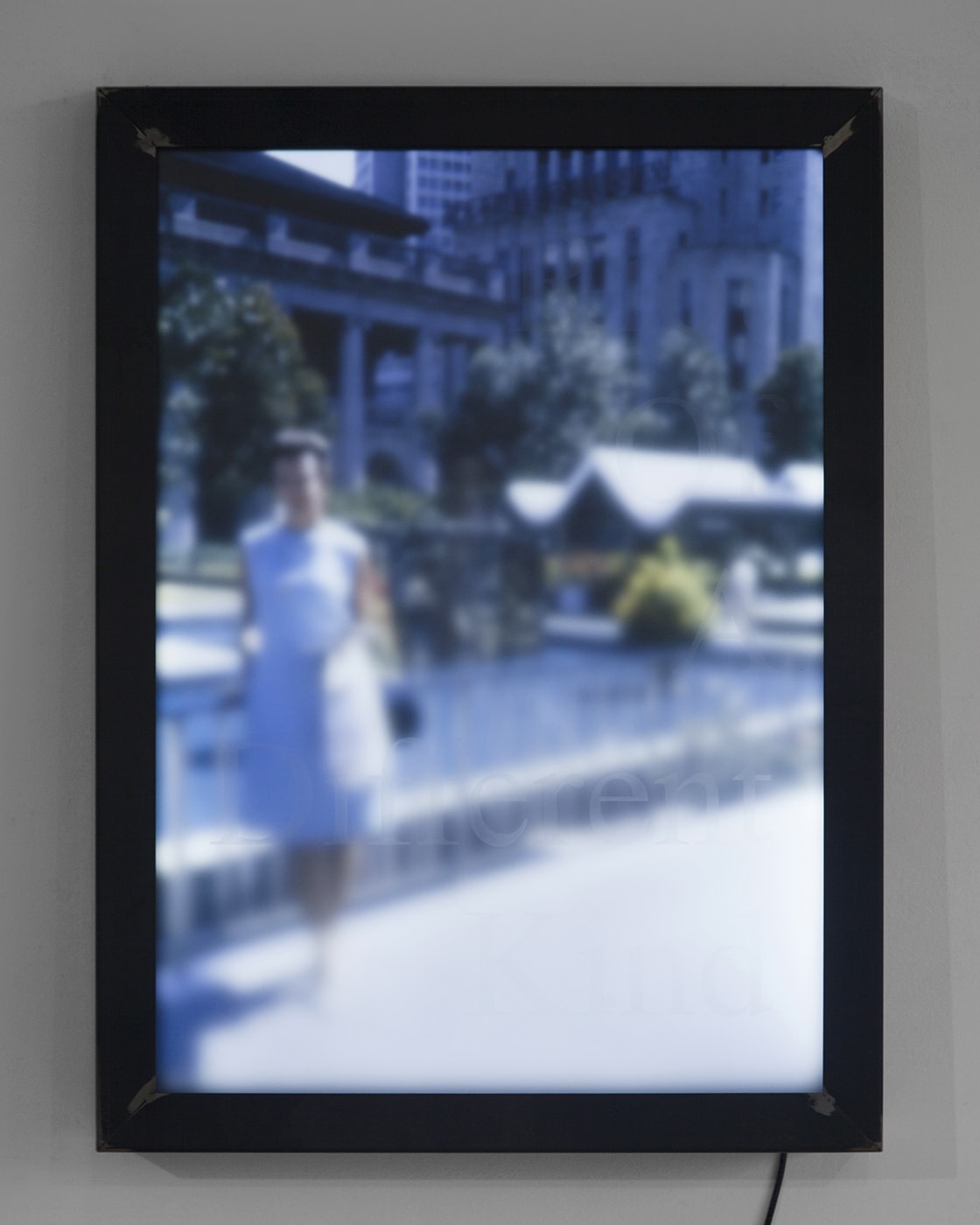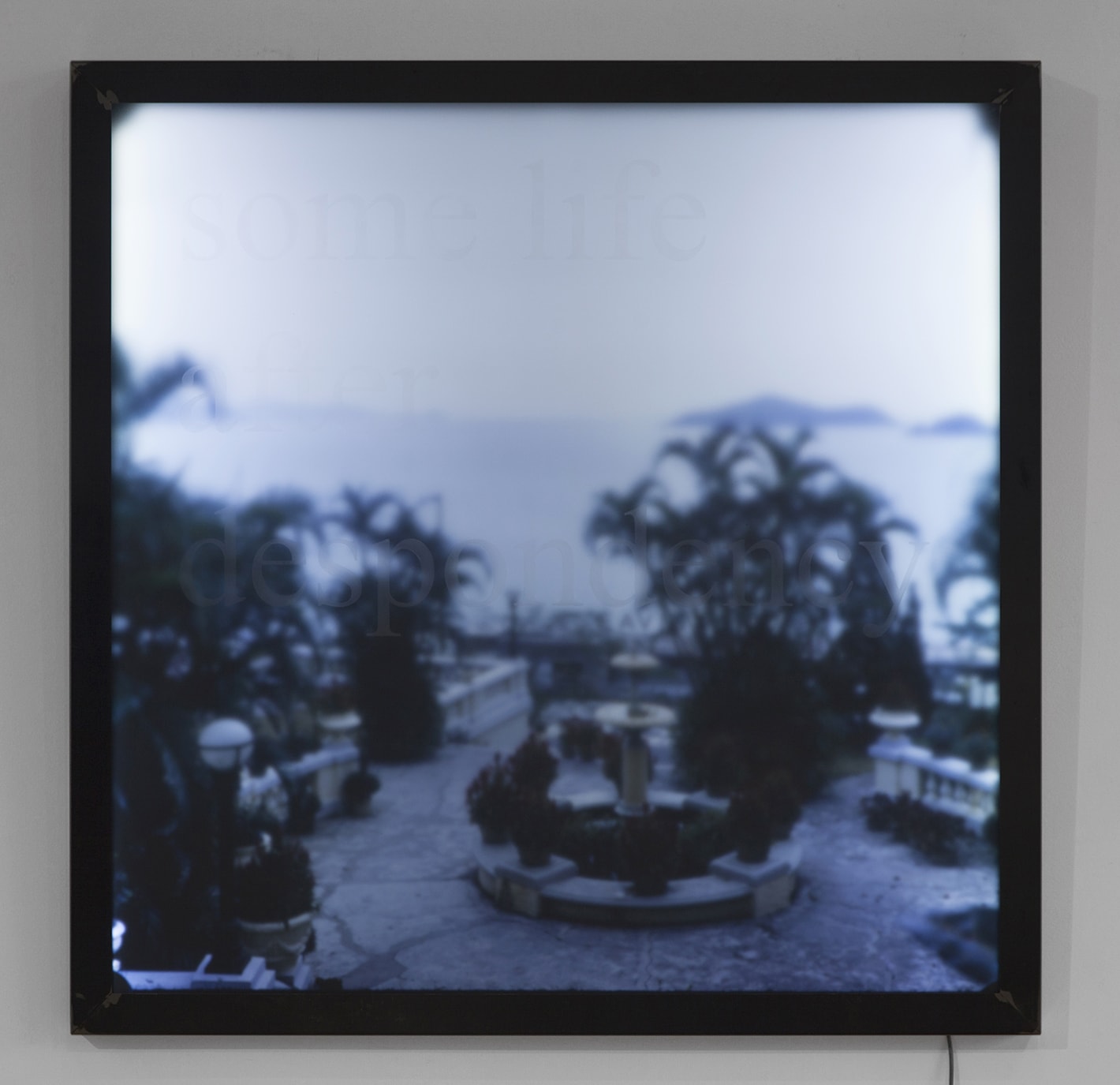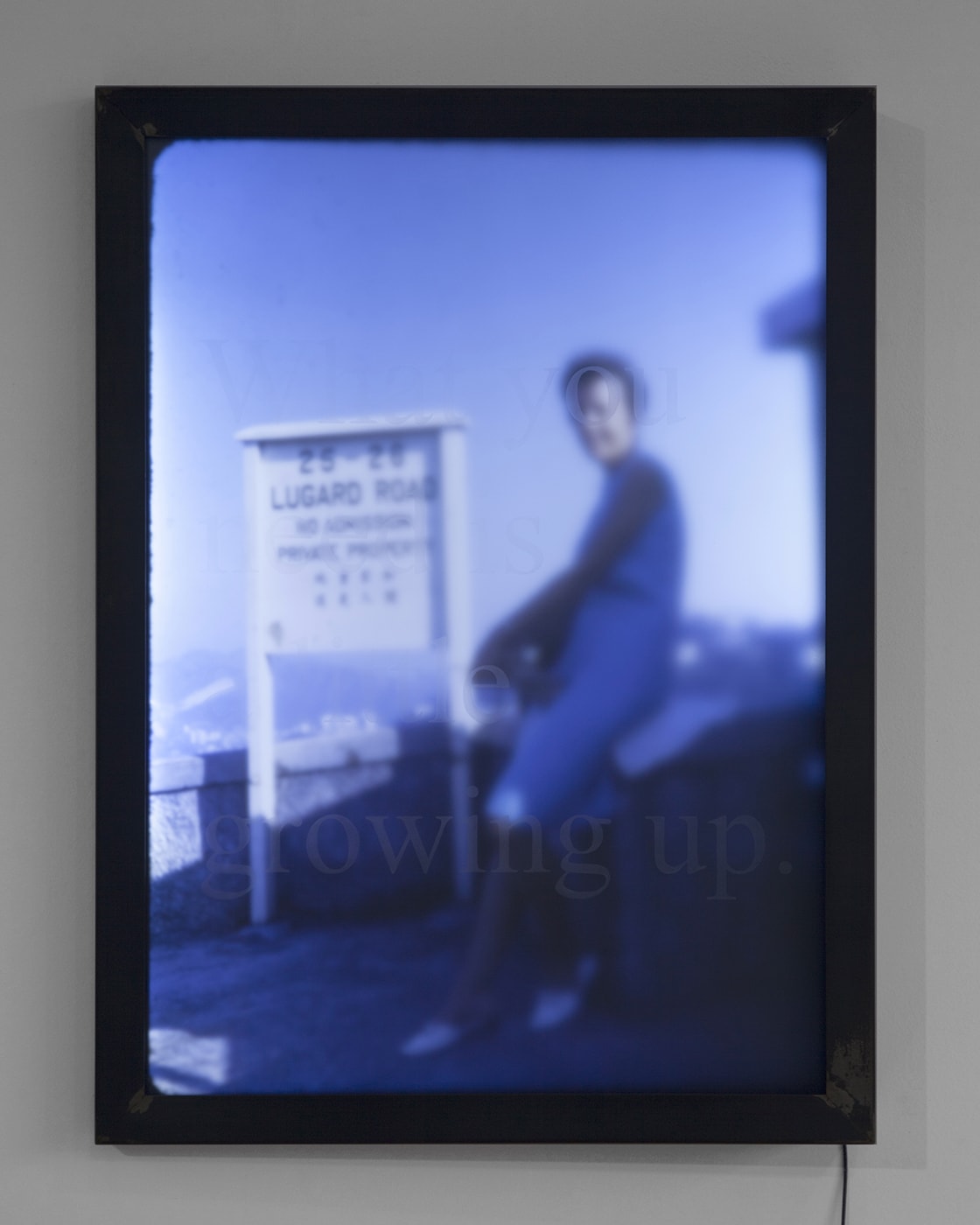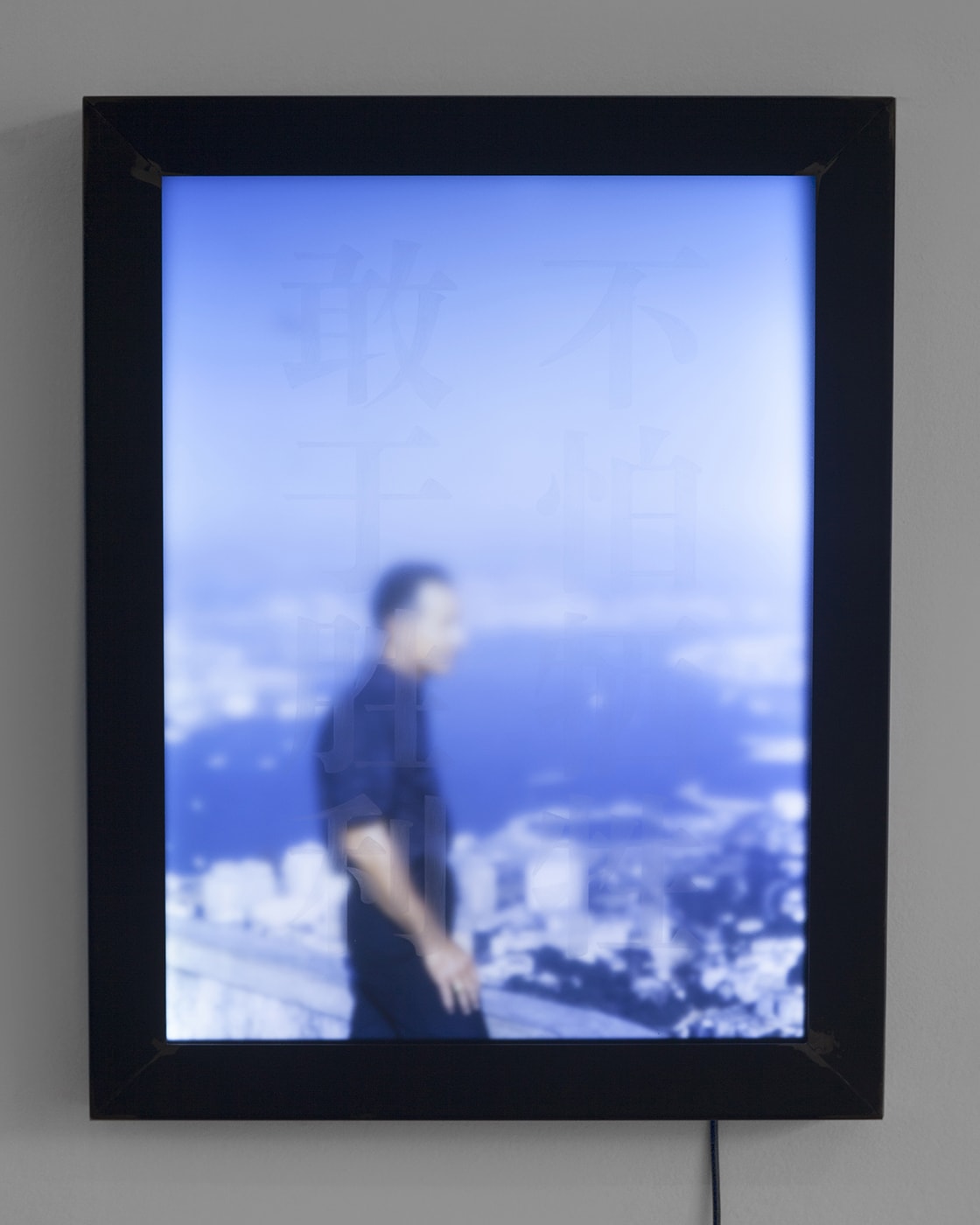Blindspot Gallery participates in Art|Basel Hong Kong 2016 with an exhibition featuring the image-based works from Hong Kong artists Leung Chi Wo and Trevor Yeung, and Mainland Chinese artist Zhang Xiao.
About Leung Chi Wo’s Music in 1967
Music in 1967 series illustrates the artist’s cross-discipline practice that is often based on extensive research concerning cultural identities, social and political phenomenon, belief system and the ambivalence of history. A collection of light boxes and photo installations consisting of images, texts and sound, the series is inspired by the 1967 anti-colonial riots backed by the communists in Hong Kong. The Beatles’ songs make a faint backdrop to the works, which recalls Western pop music being played in public spaces by the government during the riots to counter Chinese communist propaganda broadcasted on the streets.
About Trevor Yeung’s The Artichoke Eater
The Artichoke Eater is a collection of photographs and videos documenting the eating of an artichoke from peeling its prickly exteriors to savoring its soft interiors, and it is inspired by Yeung’s personal experience of witnessing someone eat the plant in this way which he describes as intimidating yet extremely enchanting. The work reveals the artist’s internalising the experience through filming others and himself engaged in the same act, where the interaction between human and plant is one of nurturing as well as consumption with erotic undertones.
About Zhang Xiao’s Since there is a dream
Since there is a dream presents fragments of a physical, social and cultural landscape that shifts and blurs in the mind of the mass as well as the artist. A photograph of a Tiananmen Square replica, taken by Zhang in his hometown, was installed onto souvenir wall clocks made for two long-time popular CCTV shows. The installation evokes many Chinese people’s dreams of grandeur that are symbolised by appearing on TV or having a photograph of themselves taken at Tiananmen Square. While these dreams have lost some of their glory through the eras, Zhang’s work highlights the remnants of such dreams that many Chinese still hold on to and their essential fakeness.


)
